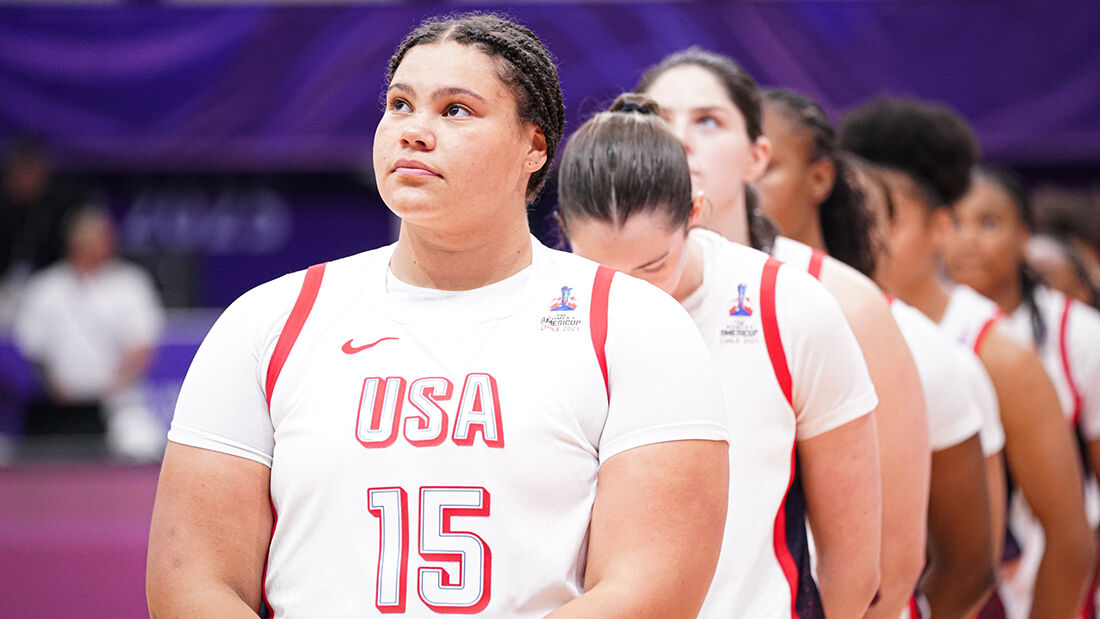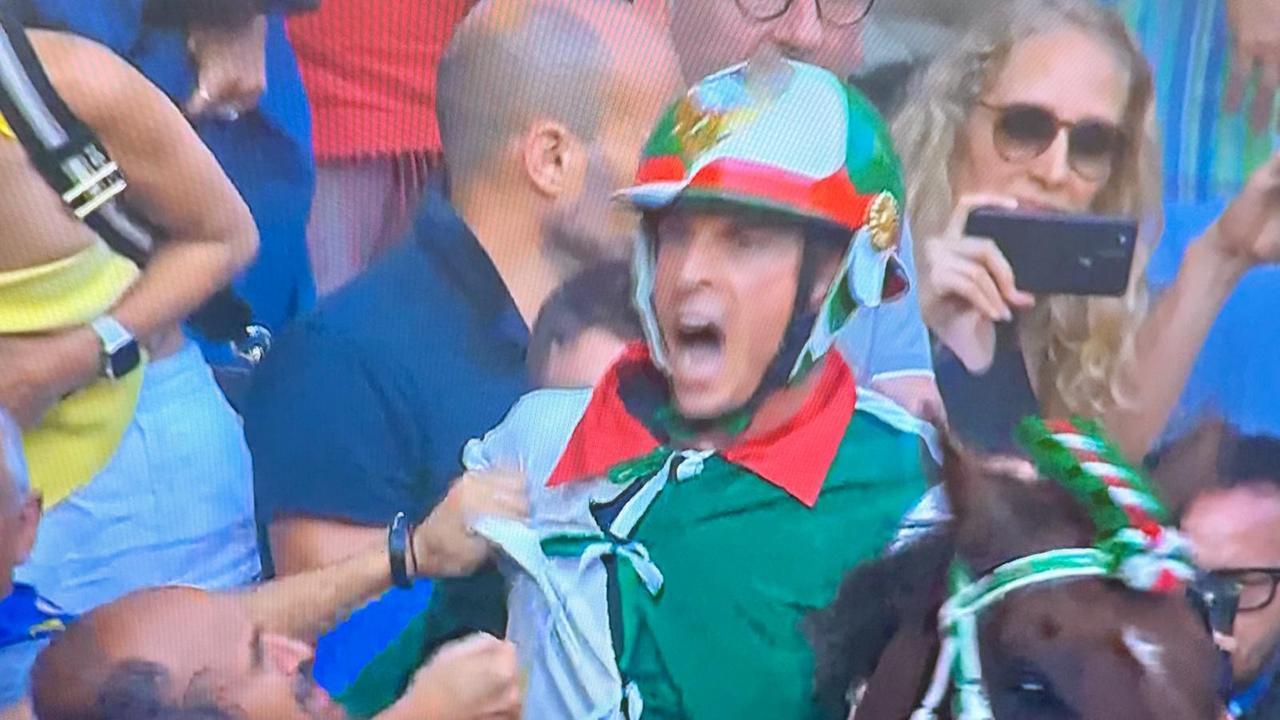A Story of Ghana's music dreams and govt silence
The walls were padded with egg cartons, the mic had seen better days, and the producer doubled as a barber. But the moment Asokwa Jayz laid down his vocals—raw, fiery, hopeful—everyone in the room went quiet. They knew they’d just heard something special.
Fast-forward three years. Asokwa Jayz’s song goes viral on TikTok. He’s booking gigs in Accra, getting calls from Nigeria, and his name is bubbling in conversations about the “next big thing.” Yet behind the applause, he’s struggling—no label, no legal support, no royalties from the radio plays he hears in every trotro.
It’s a familiar story. One that plays out across Ghana again and again, from Ho to Tamale, Cape Coast to Kumasi. Talented artistes, rich sounds, contagious rhythms… all hitting the same invisible wall.
So the question is: where is the government in all this?
For a nation that thumps to the beat of music, Ghana’s public institutions have been oddly off-beat when it comes to nurturing the industry. Sure, they show up for the front row at concerts, issue the occasional press release, or even organise a flashy arts summit or two. But for artistes such as Asokwa Jayz, real support—the kind that matters—is scarce.
Ask anyone in the industry and you’ll hear the same complaints: broken copyright systems, laughable royalty structures, and no serious public investment in infrastructure or talent development. Asokwa Jayz, for example, found out the hard way that registering his songs meant navigating a bureaucratic maze with all the speed and grace of a sleeping tortoise.
Yes, the Ministry of Tourism, Arts and Culture has its hands in the pot. Yes, the Year of Return and its cousins brought global eyes to Ghana. But did those initiatives build studios in Wa? Train producers in Koforidua? Create pipelines for artistes to move from Instagram freestyles to international stages? (Read Sean "Diddy" Combs acquitted of sex trafficking and racketeering, convicted on prostitution-related counts)
Not quite.
There’s an old saying: talent is universal, but opportunity is not. And in Ghana, the opportunity gap is glaring. Most musicians build their careers DIY-style—recording with borrowed mics, promoting with prayer, and monetising with a dash of miracle.
The government has yet to provide what every thriving creative economy needs: infrastructure, education, data, legal protection, and funding. There’s no national platform tracking industry stats. No central support hub where artistes can access grants, legal aid, or mentorship. No plan to ensure music education goes beyond teaching kids to bang on drums in P.E.
If you want to see what’s possible, look to places like South Korea or Nigeria. Governments there realised early that music is more than art—it’s an export, a brand, a national treasure. In Ghana, though, we still treat it like background noise to “more serious” sectors.
Rewriting the Song
Imagine this: a Ghana where every region has a fully equipped music hub—soundproof studios, editing suites, and spaces to learn the business of music. A Ghana where high schools offer courses in songwriting, music tech, and sound engineering. A Ghana where the Copyright Office works like it’s 2025, not 1995.
Artistes would get paid what they’re owed. Young talents like Asokwa Jayz could turn their viral moments into long-term careers. Music festivals across the country would thrive with government backing, and international collaborations would become routine, not rare.
The government wouldn’t even need to take centre stage. Just play the role of a savvy producer—setting the stage, managing the logistics, and letting the stars shine. Tax incentives for creative investors. Scholarships for music students. Export schemes to put Ghanaian sounds on Spotify playlists from Brooklyn to Brisbane.
It’s all possible. But only if the government decides that music isn’t a side hustle—it’s a sector. One with the power to create jobs, grow GDP, and elevate Ghana’s global identity.
It’s high time the government stopped playing hype man and started acting like the producer.
1. Legislative Overhaul: Modernise copyright and royalty systems to ensure artistes are paid fairly and consistently. Introduce tax incentives for investors in the creative space.
2. Creative Arts Fund (with Teeth): Establish a robust, transparent, and professionally managed fund to support music projects—from up-and-coming acts to regional music festivals.
3. Music Education Pipeline: Partner with schools and universities to formalise music education. Teach not just performance, but also the business and tech sides of the industry.
4. Public-Private Partnerships: The government doesn’t need to do it all alone. Create frameworks for private investment in the music industry—think music tech hubs, export programmes, and accelerator schemes.
5. Cultural Diplomacy: Support Ghanaian artistes to tour and collaborate abroad. If K-Pop can conquer continents, why not G-Pop?
Asokwa Jayz’s latest single just hit one million streams. He’s still navigating things on his own, still waiting for a royalty check, still wondering if it’s all sustainable. He’s got the talent. The passion. The drive. What he—and thousands like him—need now is a government that listens, not just when the beat drops, but when the industry calls. Because music in Ghana isn’t just entertainment—it’s our voice, our legacy, and our future.
Ghana’s music industry does not require charity—it requires strategy. The talent is present, the demand is growing, and the cultural value is indisputable. What remains is for the government to recognise music as a formal industry worthy of investment, regulation, and policy attention.
For Asokwa Jayz, and thousands of others like him, the future hinges not just on talent, but on whether our institutions are ready to build the scaffolding for success.
In policymaking circles, we often speak of “low-hanging fruit.” The music industry is that fruit—ripe, resilient, and ready. But someone has to reach for it.
So let’s stop playing it on mute.








:max_bytes(150000):strip_icc()/Parents-HowtoExplaintheScienceBehindJurassicWorldRebirth-875147fedc5e4fa1bd2722aa6ae08939.jpg)
:max_bytes(150000):strip_icc()/Parents-JenniferAffleck-8dcb8a0569c243a696bd7eb12c928fc0.jpg)